Submitted by WA Contents
Berlin citizens propose law to have world's first largest car-free inner-city in Germany
Germany Architecture News - Feb 07, 2022 - 13:48 3537 views

Berlin citizens have proposed a law to have the world's first largest car-free area in a petition in Germany.
Launched by Volksentscheid Berlin autofrei, an initiative consisting of 100 volunteers from Berlin, the initiative has proposed a law to ban private cars from Berlin's all streets within the S-Bahn-Ring, an inner cycle covering an area of 34 square miles.
The initiative, who is aiming to provide safer roads, healthier living and more space for pedestrians and cyclists, intends to create a law on road use based on the common good principles for every citizens.
If the petition is passed from the city government, which is expected to be announced this month, February, the law would limit private vehicle car use from the streets - except for firefighters, people with limited mobility, trades people and commercial traffic — will be able to use it.
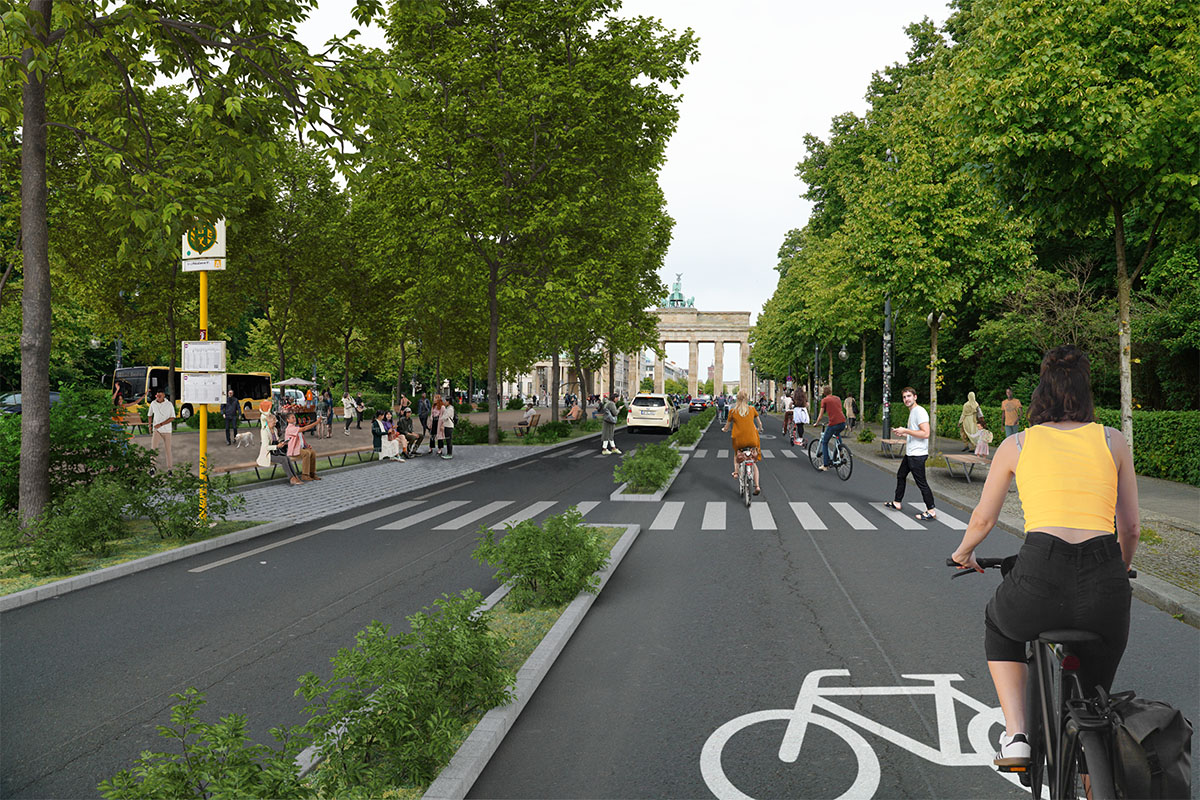
Rendering © Tom Meiser, courtesy of Volksentscheid Berlin autofrei
The campaign has collected over 50,333 signatures from the city citizens since the first submission of the draft on February 18, 2021. According to the timetable of the initiative, they targeted 20,000signatures as part of the first stage of the petition for a referendum, it showed that the petition has already reached over its targeted goal with over 50,000 signatures.
If the Berlin Senate rejects the proposal, the Volksentscheid Berlin autofrei needs to increase signatures to 175,000, which would automatically add to the debate agenda of the House of Representatives election in 2023. Then, all Berliners will have to vote on the law in a referendum.
"The law allows a transitional period of four years so that the streets within the S-Bahn ring will be calmer, safer and shared more equitably from 2027," stated in a press release in September 2021 by the initiative.
The organizers consider that it will significantly be reducing car traffic, and will help those people who actually want to reach their destinations far quicker.
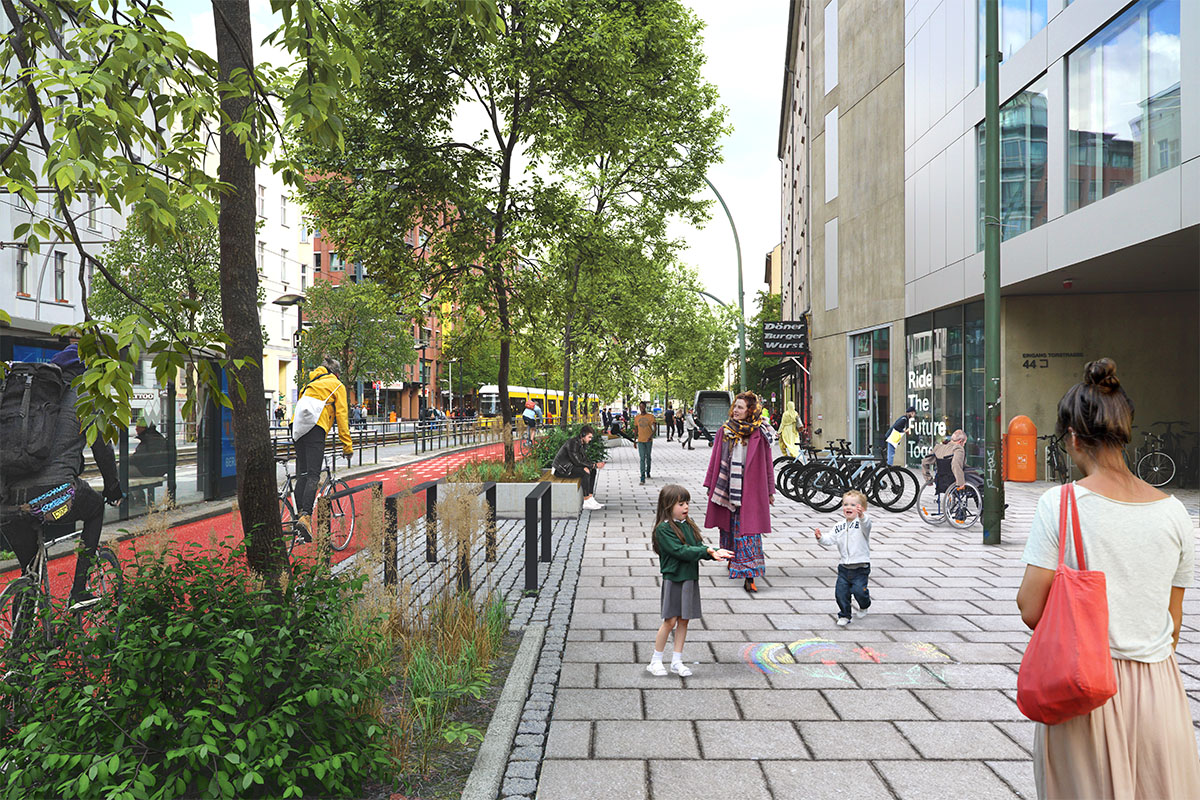
Rendering © Tom Meiser, courtesy of Volksentscheid Berlin autofrei
If successful, this law will be the first-of-its-kind in Germany and will benefit other cities due to its transferability and ease of application in other urban contexts.
The law also consists of electric cars as electric mobility are still not be able to solve the traffic problems of the cities, as the initiative emphasized. "Whether diesel, petrol or electric – car traffic in the city brings many problems that cannot be solved even by alternative engines," they stressed.
"Moreover, the production of electric cars depends on large quantities of valuable resources such as aluminium, cobalt, nickel, manganese, copper, lithium and graphite. The exploitation of these resources is already very problematic. It destroys the environment and the livelihoods of indigenous peoples and leads to child labour, war and displacement."
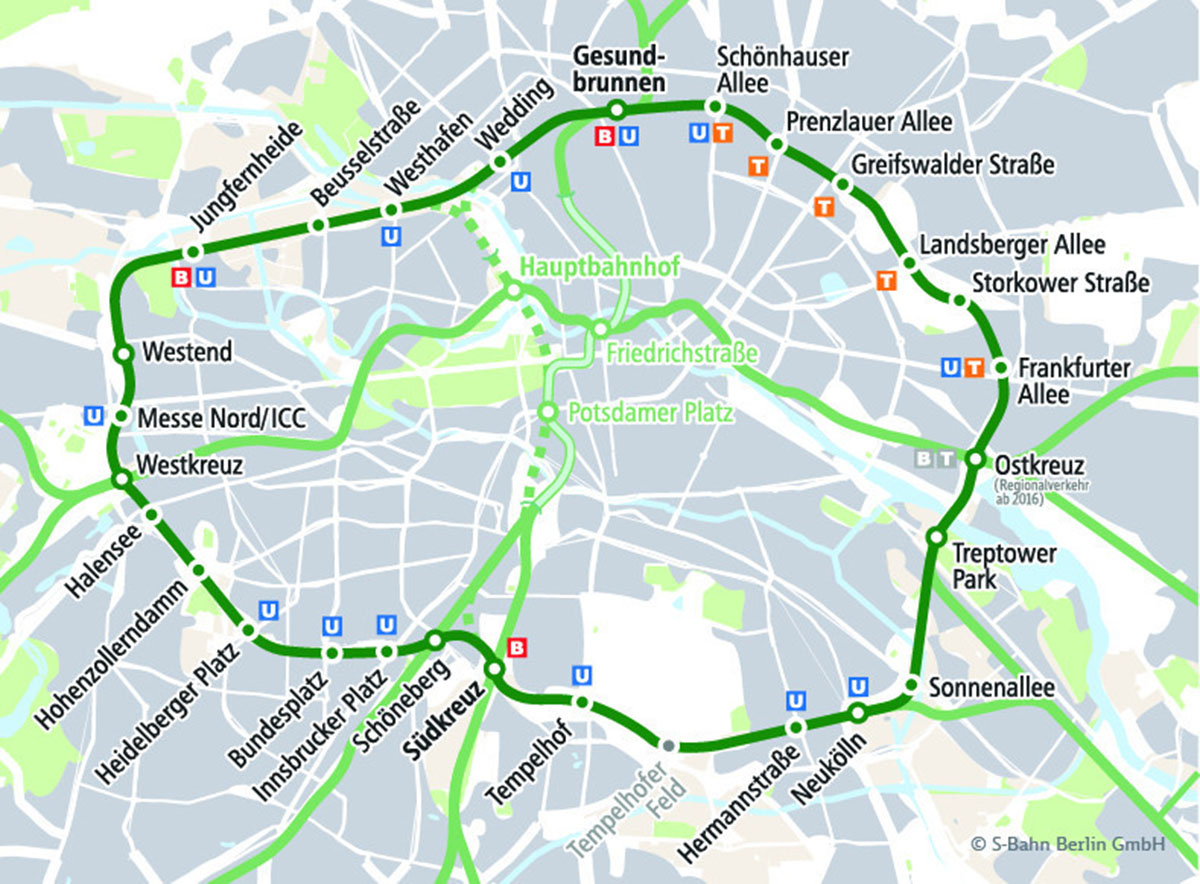
The law encompasses a total area of 88 square kilometres, creating an inner-city circle in Berlin, meaning that all streets within the S-Bahn-Ring - except for federal highways - will become car-reduced streets after an appropriate transition period. This means that the use of the streets will be limited to walking, cycling and public transport.
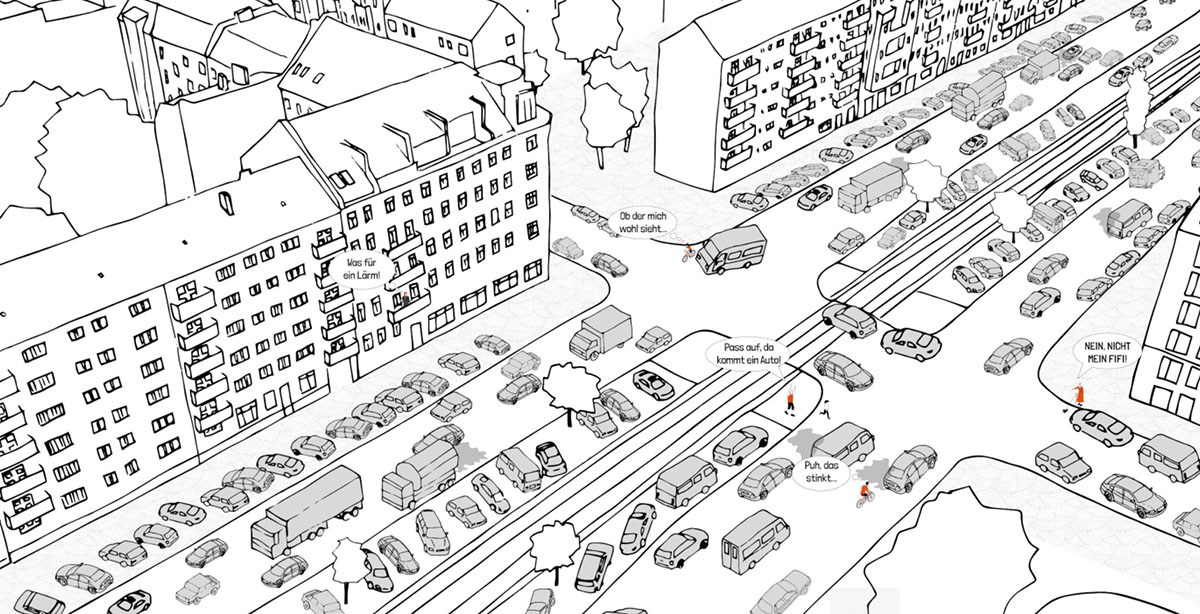
Image courtesy of Volksentscheid Berlin autofrei
"Our law improves the quality of life for all Berliners"
User groups, who continue to depend on motor vehicles only, will receive a respective special use permit. For example, persons with reduced mobility who are therefore dependent on a car, public and emergency services (e.g. police, ambulance service, fire department, garbage collection, taxis) and commercial and delivery traffic.
"We want people to be able to sleep with their windows open and children to be able to play in the street again," said Nina Noblé, spokesperson for the initiative, in a press release in September 2021.
"Especially children and senior citizens are endangered by cars."
"Also, grandparents should be able to ride their bicycles safely and have plenty of benches to take a breather on."
"Our law improves the quality of life for all Berliners," Noblé added.
"The Senate has no meaningful transformation plan towards sustainable and equitable transport," said Manuel Wiemann, spokesperson for the initiative.
"E-buses and a few kilometres of bike lanes in five years are simply not enough. There are too many cars on the road in Berlin polluting the air through tire wear, occupying far too much common space and unnecessarily endangering human lives — whether electric or diesel."
"Cars are everywhere — we have become used to them. But where, if not in Berlin, can we create a new normal on our roads?," Wiemann added.
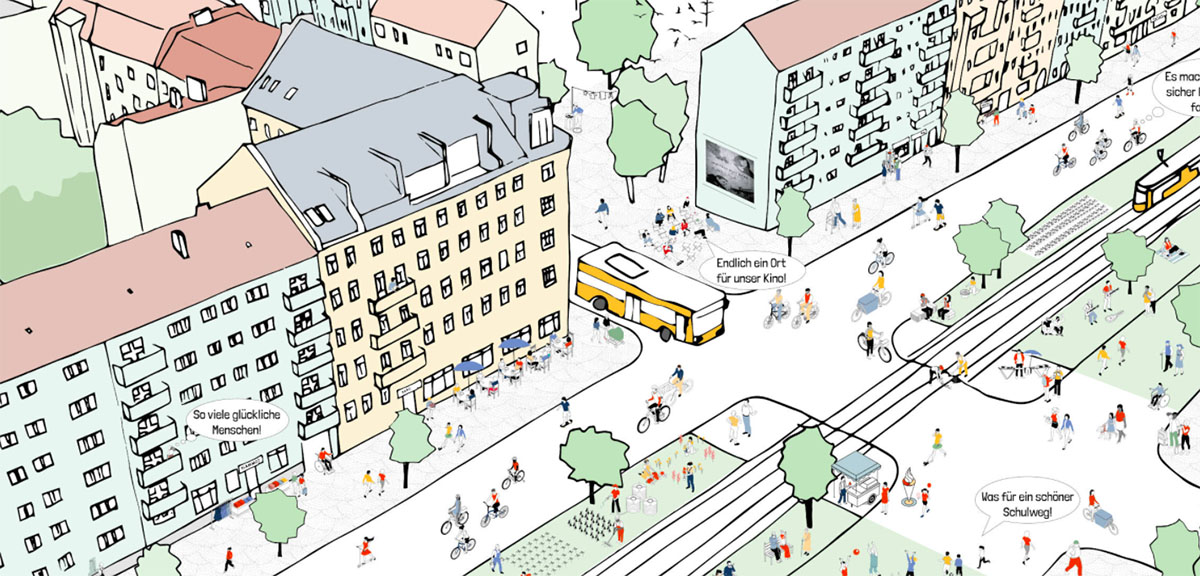
Image courtesy of Volksentscheid Berlin autofrei
According to a 2014 report, traffic dominates a 58 per cent of Berlin's streets although on average across all parts of the city only every third trip (33 per cent) is made by car. The data showed that that is 19 times more space for car drivers than for cyclists.
Milan also introduced a project, containing "Super-Cycle" paths for Cambio Network linking 80 per cent of services in the city. On 21 October 2021, the city of Paris introduced plans to upgrade its city infrastructure "to make Paris 100 percent bikeable" with €250 million extra budget, according to according to French newspaper The Local.
Top image: View from the Victory Column towards Mitte, Berlin, Germany. Image A.Savin (WikiCommons) / CC BY-SA 3.0.
